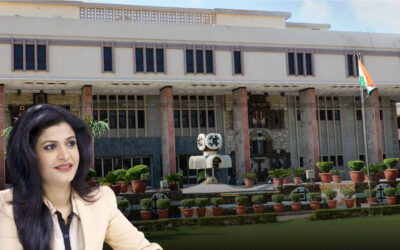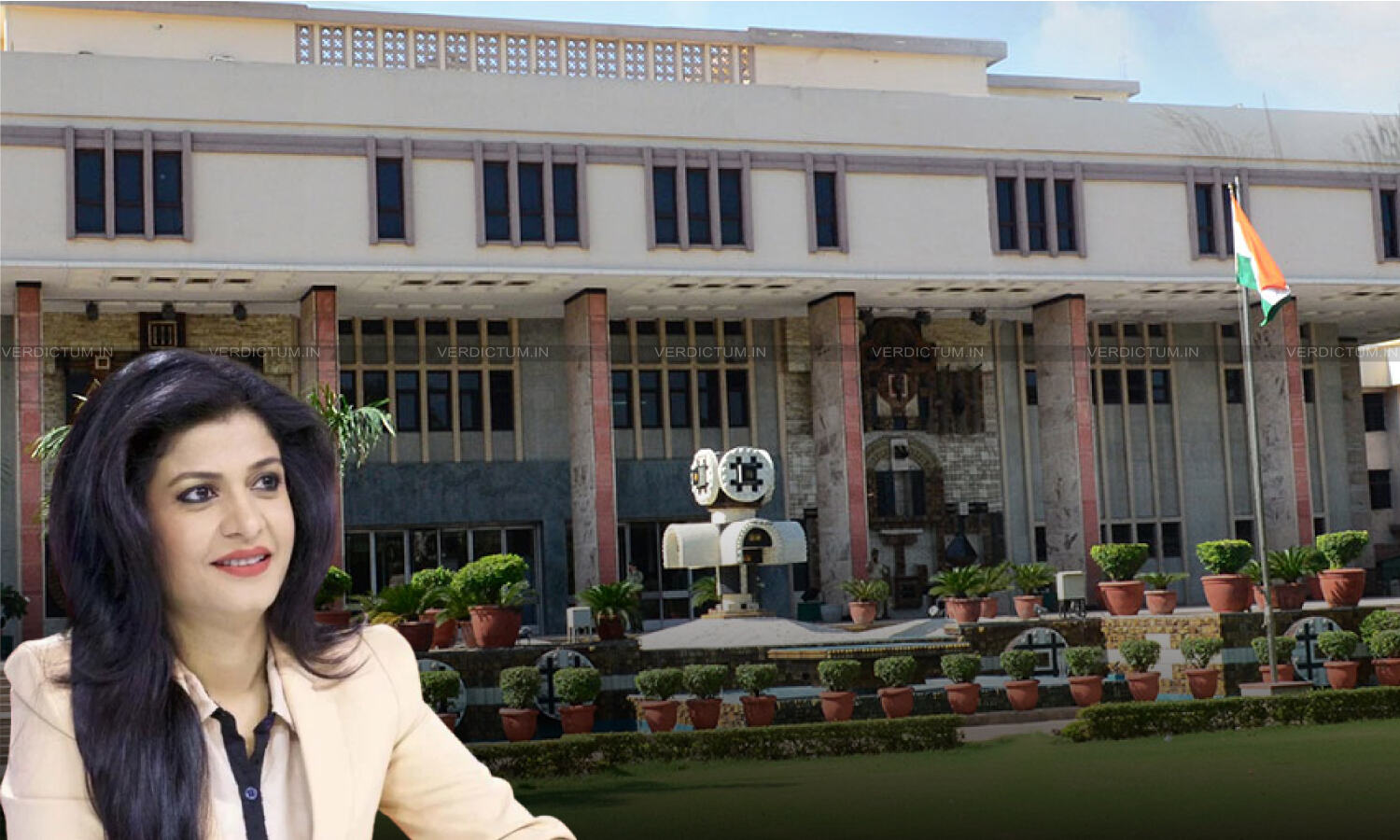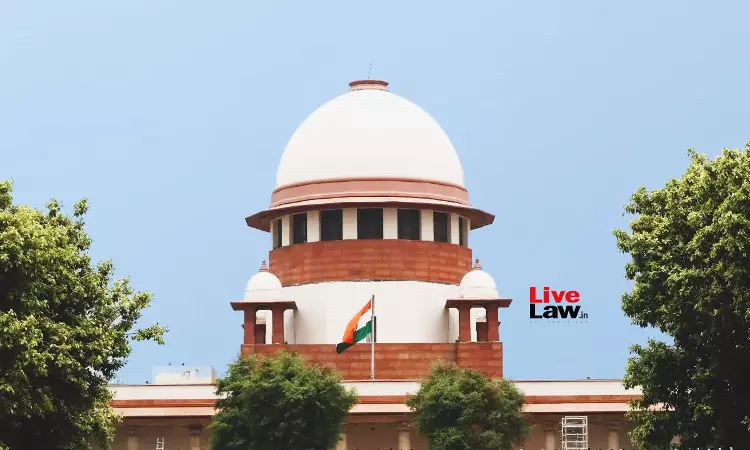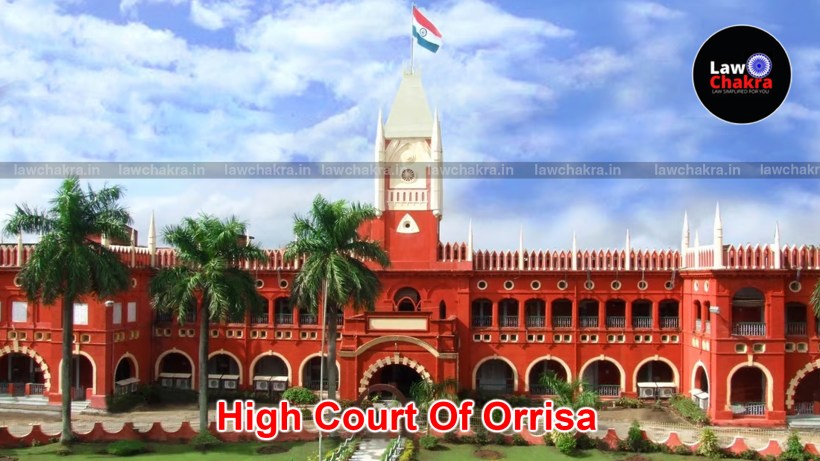“Stay On Summons & All Notices”
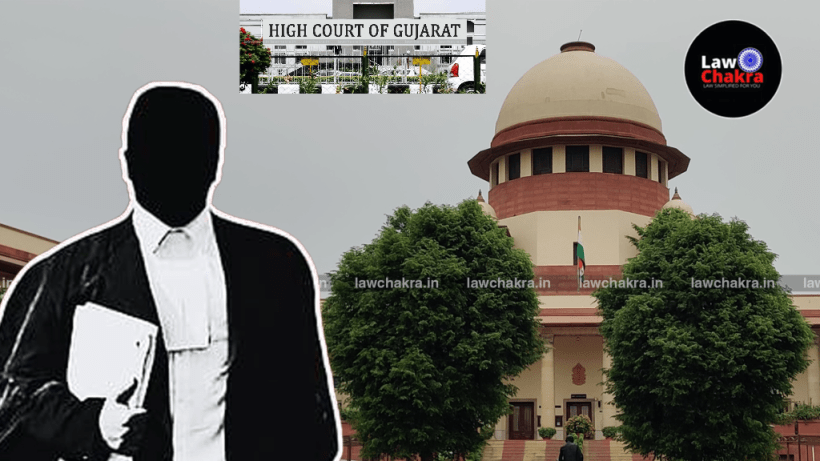
Thank you for reading this post, don’t forget to subscribe!
Today, On 25th June, the Supreme Court stepped in to protect a lawyer by ordering a stay, after the Gujarat High Court declined to intervene. The apex court stated, “There shall be a stay on the High Court order and on the operation of summons and any other notices.”
The Supreme Court stayed a Gujarat High Court order that had declined to stay summons issued to a lawyer by the State police.
Advocate Ashwinkumar Govindbhai Prajapati received a summons from the police under Section 132 of the Bharatiya Sakshya Adhiniyam on March 24, in connection with a case involving the Bharatiya Nyaya Sanhita, the Gujarat Money Lenders Act, and the Scheduled Castes and the Scheduled Tribes (Prevention of Atrocities) Act.
Prajapati, who has been a practicing lawyer since 1977, had previously represented an accused, Panchal Princekumar Bhavanishankar, in a bail application related to a loan transaction.
A Sessions Court granted bail to Bhavanishankar on February 25 based on Prajapati’s arguments.
After receiving a notice from the police, Prajapati approached the Gujarat High Court. On June 12, Justice Hasmukh D. Suthar determined that no case warranted entertaining Prajapati’s plea, as the summons was issued in the capacity of a witness, and found no violation of the petitioner’s fundamental rights.
Today, a Bench comprising Justice K.V. Viswanathan and Justice N. Kotiswar Singh stayed both the summons and the High Court order after hearing Prajapati’s appeal against the earlier decision.
The Court ordered,
“There shall be a stay on the High Court order and a stay on the operation of summons and any other notices issued to the petitioner.”
Additionally, the Court took suo motu cognizance of the broader issue regarding whether investigating agencies can directly summon lawyers in relation to their clients’ cases.

Senior Advocate Siddhartha Dave, representing Prajapati, argued that the petitioner should not be summoned, as the information being sought was privileged.
In his plea to the Supreme Court, Prajapati contended that the High Court dismissed his petition without his lawyer present.
He stated,
“When the matter was taken up two minutes before the recess was about to get over, the petitioner’s advocate was unable to reach the courtroom. Without granting opportunity for representation, the Hon’ble High Court proceeded to dismiss the petition, thereby denying the petitioner a fair and reasonable opportunity of hearing.”
Prajapati also asserted that the High Court failed to recognize that he was neither an accused nor a important witness in the case, but was being compelled to respond solely due to his professional role as an advocate, which he claimed is impermissible under the law.
Also Read: Wrestlers’ Sexual Harassment Case| Delhi Court Summons Two Police Officers
He argued that the case in which he represented the accused was strictly a dispute between the complainant and the accused, and he had no personal involvement beyond his professional responsibilities.
Prajapati emphasized ,
“By upholding the notice, the High court has created a dangerous precedent that could be used to intimidate advocates representing contentious clients or causes, thereby undermining the criminal justice system and contravening public interest. The actions of the investigating agency appear to be a colorable exercise of power intended to pressurize the petitioner and prejudice the accused’s rights.”

